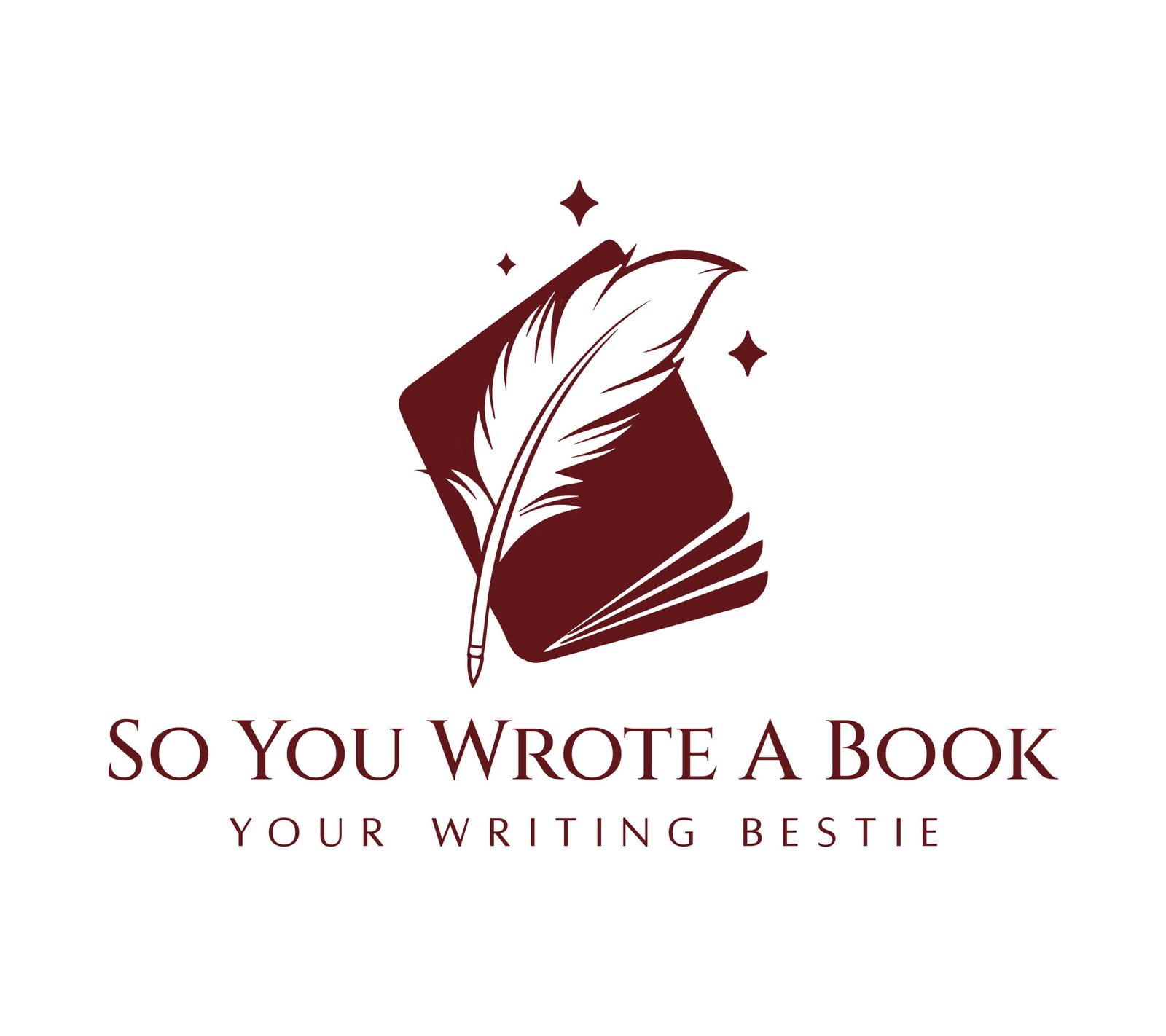Have you ever wondered about beta readers?
Embarking on the journey of writing a book is a remarkable undertaking fuelled by passion and creative vision. As an author, you pour your heart and soul into your manuscript, envisioning it as a polished masterpiece that will captivate readers. However, despite many people thinking the opposite, the path to writing a really great novel is rarely a solitary one. That’s where beta readers come in.
In the quest to refine your masterpiece, there emerges a pivotal player in your story’s transformation: the beta reader. These unsung heroes are not just casual readers but a dedicated community of volunteers who offer something invaluable – their candid feedback and insightful perspectives.
In this blog post, we’ll delve into the world of beta readers and unveil a treasure trove of strategies and practical tips to help you discover the ideal individuals to accompany you on your editing journey.
What are Beta Readers?
A beta reader is an essential part of the pre-publication process. They are individuals who read an author’s manuscript or draft before it’s published. They play a crucial role in providing feedback and constructive criticism to help the author improve their work.
Beta readers come from various backgrounds and may or may not have expertise in writing or the specific genre of the manuscript. They represent the target audience for the book and offer fresh perspectives on the content, style, plot, characters, and overall storytelling.
The primary goal of beta readers is to identify issues such as plot holes, inconsistencies, pacing problems, unclear passages, and character development shortcomings. They also provide insights into the story’s emotional impact, helping authors gauge whether their work resonates with readers as intended.

When would you hire Beta Readers?
Authors typically hire beta readers at different stages of the writing process, depending on their preferences and needs. Here are some common scenarios when authors might consider hiring beta readers:
- After the First Draft: Some authors prefer to get feedback after completing their initial draft. This helps them identify fundamental issues with the story before investing more time in revisions.
- Before the Final Draft: Others hire beta readers when they believe their manuscript is close to its final form but still needs fine-tuning. Beta readers can provide valuable input to polish the manuscript before submission or publication.
- For Specific Focus Areas: Authors may hire beta readers for specific aspects of their work when they are stuck on certain issues or they need another opinion to confirm if things are working or not. Some areas where beta readers might be helpful would be character development, dialogue, world-building, or thematic elements. This allows authors to receive targeted feedback from unbiased readers.
- Genre Expertise: If an author is writing in a genre they’re not entirely familiar with, beta readers with expertise in that genre can help ensure the story adheres to its conventions and expectations.
- Testing Reader Engagement: Authors may hire beta readers to gauge reader engagement and emotional resonance. This can help them determine whether the story is achieving its intended impact or not.
- Quality Control: Beta readers can also serve as a form of quality control, helping authors catch typos, grammar errors, and other issues that could negatively affect the reading experience.
Identify Your Target Audience
Before seeking beta readers, it’s essential you understand your target audience.
Determine the genre, theme, and niche of your book, and then ask yourself who you are writing this book for?
Do you have an age bracket in mind? A gender? A specific group of people?
Then ask yourself: Where are these people hanging out? What do they love?
If you intend to write your novel for teenagers who are very tech-savvy, you won’t want to be writing a young adult book that features themes this group can’t relate to.
Knowing your target audience will help you ensure your book not only fits their needs and expectations but also helps you find the perfect beta readers for your novel. It will also help you find these people.

Finding Beta Readers
Join Writing Communities
Online writing communities are treasure troves for finding beta readers.
Platforms like Goodreads, Scribophile, and Wattpad are bustling with fellow writers and readers who are eager to exchange feedback.
Join relevant groups, participate in discussions, and build connections with potential beta readers who share similar interests.
Leverage Social Media
Social media is a powerful tool for connecting with potential beta readers. Utilise platforms like Twitter, Facebook, Instagram, and TikTok to reach out to your target audience.
Even if you don’t have a large following, you can still engage with readers, share excerpts, and express your interest in finding beta readers. And don’t forget there’s no harm in simply asking readers if they would be interested in reading your novel and providing feedback. Some people may say no simply because they don’t have the time, but most readers would jump at the chance of reading an unsolicited manuscript and helping out a fellow word-lover.
Create a Newsletter
If you have a website or blog, start a newsletter to gather a loyal readership. Offer subscribers the opportunity to become beta readers and get an exclusive sneak peek into your writing journey.
Newsletters are an excellent way to foster a sense of community and create a dedicated group of beta readers.
Recruit Friends and Family
While family and friends may not always be part of your target audience, they can still offer valuable feedback and encouragement.
Their support can be instrumental in providing constructive criticism and motivation during the editing process. Just be sure you’re ready to let them into your life this way. It can be awkward to let your loved ones read your work, so be prepared to answer all the questions, and not hold any grudges if they don’t love your writing (they’re not your target audience remember!).
Participate in Critique Groups
Joining critique groups or starting one of your own can be immensely beneficial for your writing process and finding beta readers. These groups consist of writers who exchange feedback on each other’s work in a friendly and respectful manner.
Find a group that aligns with your genre and goals, and actively participate in critiquing others’ work to receive valuable feedback in return.
Organize Events for Beta Readers
Host virtual or in-person beta reader events to attract potential reviewers. These events can include live readings, Q&A sessions, and sneak peeks into your writing process.
For these, we would recommend using Instagram or TikTok as the best platforms. And remember: the personal touches to these events can create a stronger bond between you and your potential beta readers and help your book become the masterpiece you dream it to be.
Offer Incentives
To entice potential beta readers, consider offering incentives like free copies of the final book, exclusive content, or acknowledgment in the book’s acknowledgments section. Incentives show appreciation for their time and commitment, make the experience more rewarding for them, and can go a long way in encouraging people to assist you.
Use Beta Reader Matchmaking Platforms
Several websites and platforms connect authors with beta readers. Websites like BetaBooks, NetGalley, and BookSirens offer services to help authors find beta readers who match their target audience and genre preferences. A simple Google will provide you with endless places to find beta readers, though many of them don’t allow you the opportunity to actually choose your own beta readers.

A Few things about Beta Readers
Be Clear About Expectations
When recruiting beta readers, be transparent about the expectations and commitments involved. Clearly outline the timeline for feedback submission, the type of feedback you seek, and any specific questions or areas of focus. This ensures that both you and your beta readers are on the same page.
We suggest having a list of questions/a questionnaire you ask your beta readers to fill out so you can get a strong overview of their reading experience. Here is a good list of questions to start out with!
Engage in the Beta Reading Community
Once you have a team of beta readers, foster a sense of community among them. Create a private group or chat where beta readers can interact with each other and discuss your book. The community aspect can lead to more in-depth feedback and foster a sense of camaraderie. It can also lead to sales once your book is published, and new friends (or fans!).

Respect Beta Readers’ Time and Feedback
As beta readers dedicate their time and effort to read and critique your work, show them respect by acknowledging their feedback. Respond to their comments, address their questions, and express gratitude for their contribution to your writing journey. Most of all, thank them over and over again for being a champion for your book.
Beta readers are the secret sauce that can elevate your manuscript from good to outstanding. Their fresh perspectives, critical insights, and unwavering support can make the editing process super helpful and enjoyable. By leveraging online communities, social media, and personal connections, you can find the perfect team of beta readers who will be as passionate about your book as you are. Remember, beta readers are your allies in turning your dream of a polished masterpiece into a reality. So, reach out, connect, and embrace the magic of collaborative editing with your dedicated beta reader dream team.
Happy writing and happy beta reading!




